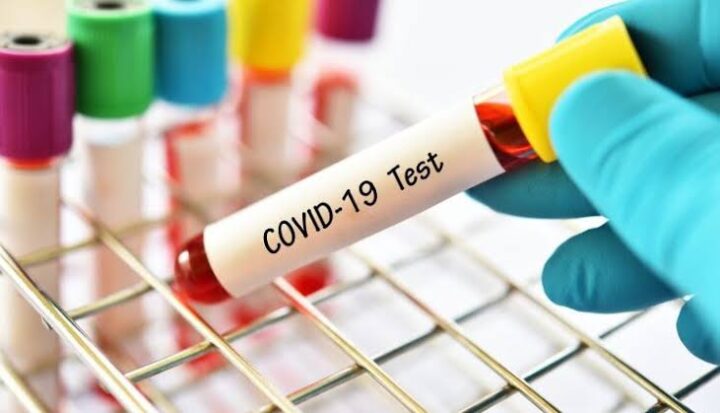The placid Ogbooro town lies between Saki and Igboho communities in Saki east LGA of Oyo state. The residents are mostly farmers and the town is referred to as one of the food baskets of the state.
The majority of the people grow the crop they eat with little dependence on food from outside. They are surrounded by herders who rear cattle in nearby forests. From the herders, they buy the meat they need to complement their food. But how the beef is processed leaves much to be desired. It is prepared with polluted water in a dingy environment, which is capable of causing a major epidemic.
Sometimes in the past, in its effort to ensure the safe processing of meat meant for public consumption, the state government built an abattoir in Awe, a secluded area on the outskirts of Ogbooro. The abattoir is close to a stream that has its source under a thick shrub on the edge of a forest.
When the abattoir was in operation, water from the stream was used in washing the beef. State health officials from the ministry of agriculture would inspect the cattle before they were slaughtered. The aim of the inspection was to curb any unhealthy processes while preparing the beef for the market.
Advertisement
Akinpelu Iyanu, a 65-year-old butcher in the town, said the meat was safe for consumption at the time. According to him, the officials from the ministry of agriculture made random visits to the market to ensure that meat processed in illegal slaughter slabs were not sold. Iyanu added that the water from the stream was well protected from being abused.
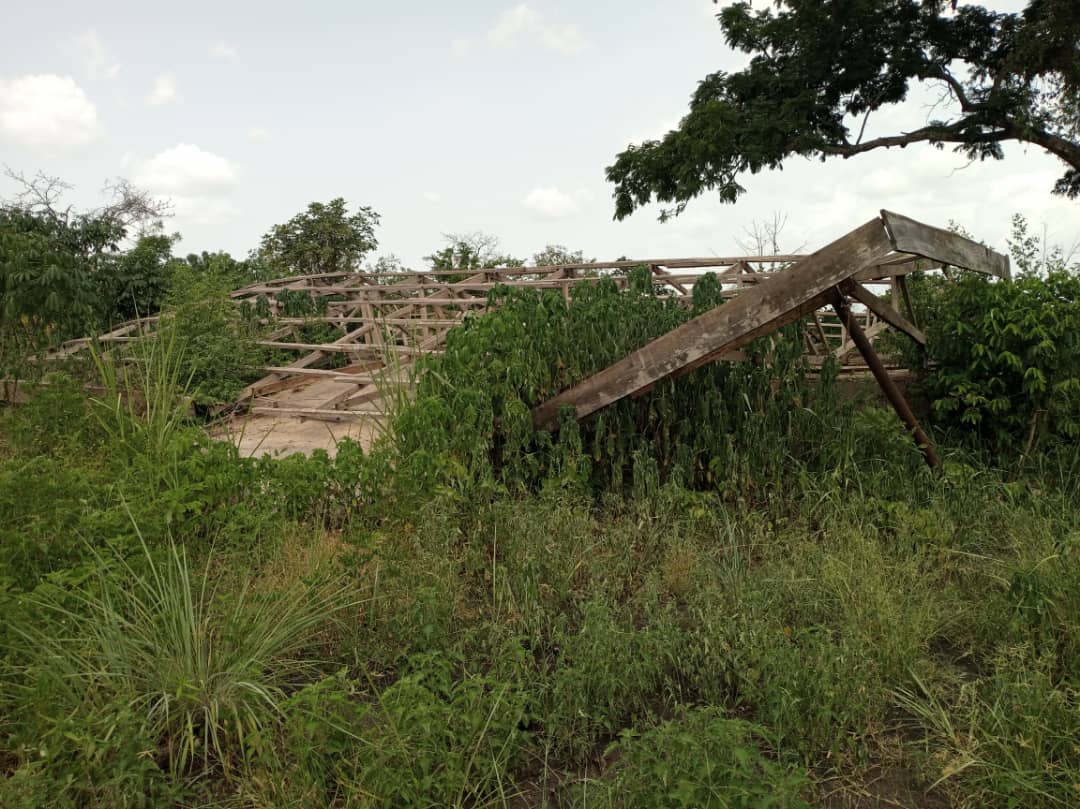
“Meat business was regulated at the time. Government officials inspected cattle before they were slaughtered at the Awe abattoir. They checked the kidney, liver and other internal organs and issued a certificate before a cow is slaughtered,” Iyanu said.
“Some cows were rejected at the abattoir when they were found to be sick animals. They made sure the cows were treated and brought back in good health before they were taken to the slaughter slab. A herder once brought two cows to the abattoir to sell to butchers, but health officials stopped him after detecting that the animals were sick. One of them died while being reloaded into the truck that brought them.
Advertisement
“As for the water used in processing the meat, we depended on water from a nearby stream. It was well protected so that herders would not graze their cattle near it or lead the cattle to drink from it and pollute the water.”
Iyanu added that the government officials also ensured that the cows were not burnt with tyres. When set on fire, tyres produce thick black smoke that contains several toxic pollutants, including carbon monoxide, which has a dangerous effect on the environment and public health.
But the government abattoir later aged and collapsed with no plan for rebuilding. When TheCable visited the site of the old abattoir, bushes had overgrown the ruins of the wooden building and the roof has been vandalised.
THE RETURN OF ILLEGAL SLAUGHTER SLABS
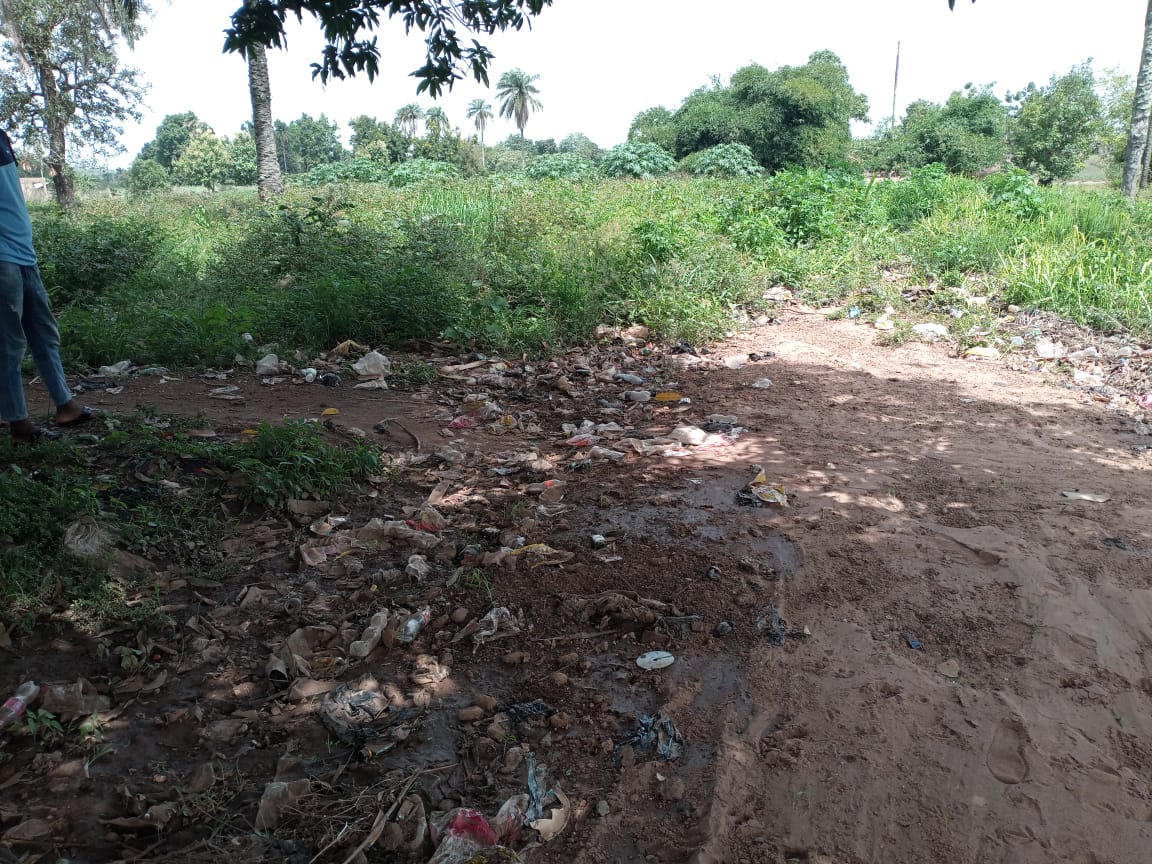
In 2018, the late Abiola Ajimobi, former governor, cracked down on unauthorised slaughter slabs across the state. In some of the major markets, especially in Bodija and Alesinloye in Ibadan, the state capital, the abattoirs operating under unhealthy conditions were closed.
Advertisement
Butchers were asked to relocate to the new state abattoir in the Akinyele area of the state. A task force led by the governor was constituted to force meat dealers who opposed the relocation to comply with the directive.
The new abattoir has all the facilities to ensure the safe processing of meat meant for consumption. Veterinary doctors from the state ministry of agriculture have an office at the abattoir.
However, with the collapse of the government abattoir in Ogbooro, illegal slaughter slabs now thrive and veterinary officers no longer visit.
One of the illegal slaughter slabs is located in the Bokoro area of the town. Mucky water from a stream flows through the illegal abattoir, which the butchers use in washing the meat during processing.
Advertisement
When TheCable traced the flow of the water, it was discovered that somewhere along the channel, children were defecating inside the stream, and at the other end of the stream, herders were seen leading their cattle to drink from it.
The cattle also defecated and passed urine in the water. The same water is used a few meters away to process beef for human consumption.
Advertisement
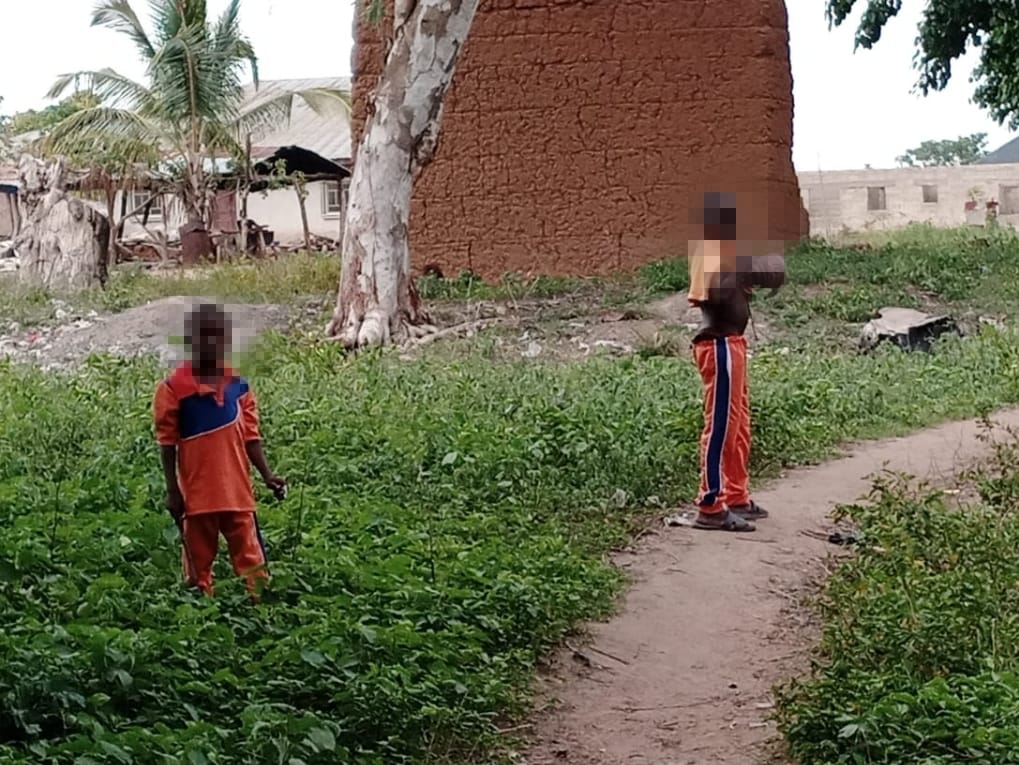
At another illegal slaughter slab, wastes dumped by residents littered the environment. The odour of human wastes also rented the air around the site. Two cows were tied in the bush, waiting to be slaughtered.
A residence said butchers use the slab when it rains so that enough water will be available to clean the meat.
Advertisement
DEAD COWS SLAUGHTERED FOR CONSUMPTION
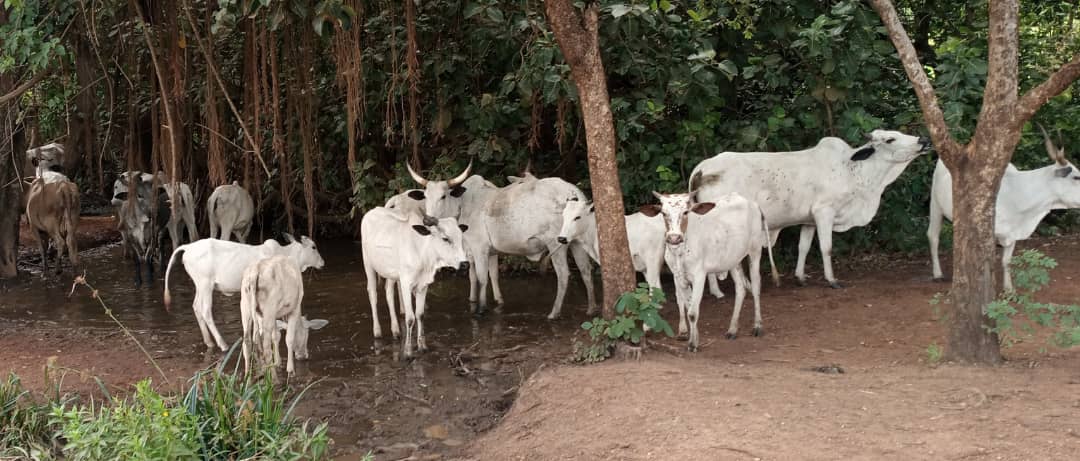
Kareem Balogun, a youth leader and farmer in the town, said there had been situations where herders slaughtered dead cows and sell them to butchers at low prices.
Balogun said at the meat market, thousands of flies perch on beef displayed on the open table with butchers making little attempt to chase them off since they are a constant feature of the market.
Advertisement
“I also have livestock but I am not happy with the way beef is prepared for public consumption in Ogbooro. We don’t have a standard abattoir since the one built by the government collapsed,” Balogun said.
“Officials from the ministry of agriculture no longer come to inspect the type of cows killed and where they are killed. Even when they come around, they take bribes from meat sellers and keep mute on the unhygienic practices of the dealers.
“We have many illegal slaughter slabs beside road drainages that are filled with filth and human wastes. Unfortunately, there are health officials who come from Igboho but don’t act as expected once they are bribed by the butchers. We risk our lives by eating meat processed in this unhygienic condition and the government has to look into it.
“While in the bush for grazing, cows often die of snake bites and to minimise the loss, herders will quickly slaughter the dead cow, prepare the beef in the bush with dirty water and bring it to the meat market. Sometimes, they slaughter cows that fall sick in the bush and bring the meat to the market.”
At the market, there was evidence of unhygienic practices among the butchers. Most of the meat had lost the bright red colour even though sellers claimed they were killed a few hours earlier.
MONARCH LAMENTS

Qasim Adegboye, the king of Ogbooro, who took time off from a meeting with chiefs to speak with TheCable, said he grew up in Sokoto and was addicted to eating suya (roasted beef), but he has stopped since he returned to the community.
“It is a good thing that you came to see how our meat is processed in our town. We believe the government needs to know what is happening and how much damage this can bring to our health.” the monarch said.
“Veterinary doctors should assess the cow meat to be slaughtered for the people; but unfortunately, we don’t have a regulated abattoir.
“I am an engineer, so I will not know how healthy a cow is before it is slaughtered. Veterinary doctors will know this. After I became king, I was informed that our abattoir had collapsed and vandalised. I grew up in Sokoto and even though I love eating suya, I cannot eat it here at home because the process of preparing the meat is unhygienic.”
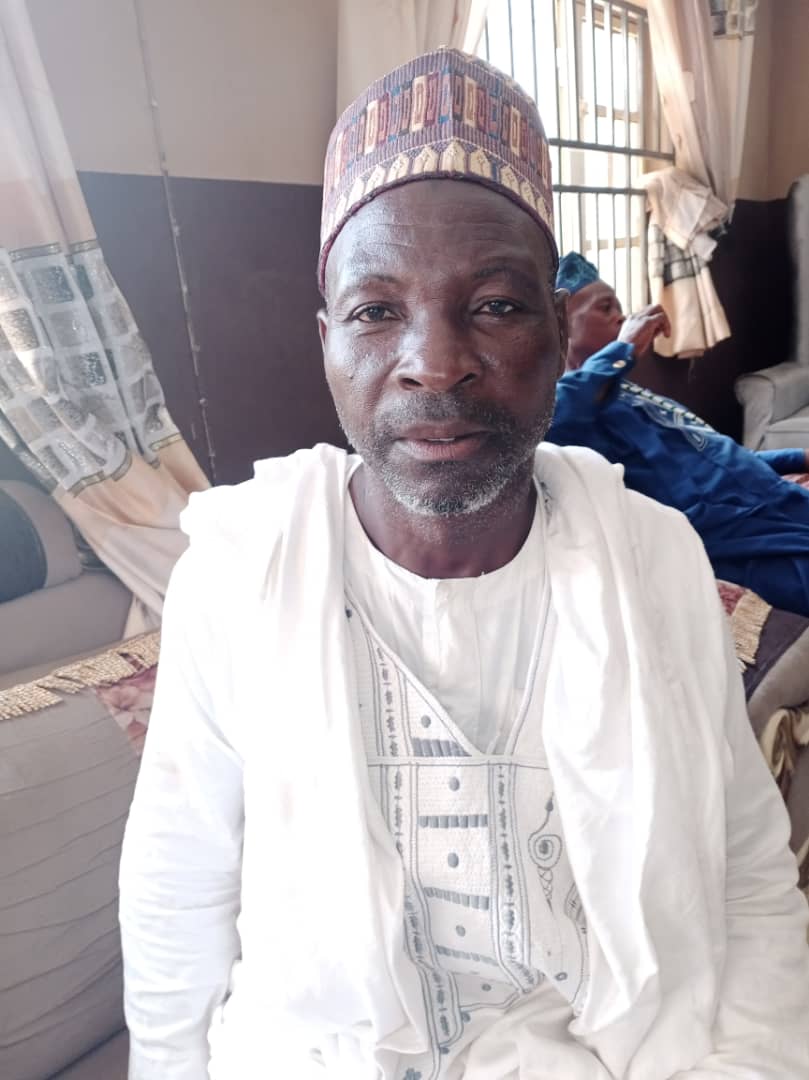
The king said a committee was set up to look at the problem, noting that the committee had notified the state commissioner for agriculture as well as the head of local government.
Seriki Ladan, the head of the Hausa community and cattle sellers in the town, said steps are being taken by the butchers association in Ogbooro to repair the collapsed abattoir, calling on the government for support.
In a chat with Josephine Chukwueike, an Ibadan-based food nutritionist, she said members of the community are at the risk of contracting some deadly diseases with the consumption of beef prepared with contaminated water in a dirty environment.
“The health implication of consuming beef prepared with contaminated water is deadly. There are micro-organisms which come from animal droppings that can cause a high level of purging which will lead to dehydration,” she said.
“This is bad for the kidney because water in the human system is reduced drastically. Aged people and children under five years are mostly affected.
“Cholera and typhoid fever come from contaminated water especially when it is consumed. If people in that community continue to consume food prepared with contaminated water, they risk contracting deadly typhoid fever.”
Beatrice Oganah-Ikujenyo, a lecturer at the department of home economics, Lagos State University of Education, said animals slaughtered in abattoirs must be checked by relevant health officials.
She added that the abattoirs should be equipped to erase serious health issues.
“Let me add that to prevent pathogen, food should be cooked thoroughly and consumed hot before the dormant micro-organism becomes active again,” she said.
STATE GOVERNMENT ASSURES OF INTERVENTION

When confronted with findings in Ogbooro, Niyi Adebisi, the state commissioner for agriculture and rural development, said the government is making effort to provide slaughter slabs in major towns in the state and strengthen the veterinary department under the ministry.
“You can only find abattoirs in the headquarters of LGAs in the state and not in every town. Ogbooro is not the headquarters of Saki east council but is the third-largest town in the council area. We have attended the abattoir in Saki with the support of the federal ministry of agriculture,” he said.
“When I realised that the state government will not be able to take care of all the abattoirs, I involved the local government and they have agreed to attend to them one after the other.
“We are rehabilitating the abattoir in Ago-Amodu which is the headquarters of the council. I will have a meeting with the chairman of that council and instruct him to move to Ogbooro and address this issue. Since it is not going to be a new one, we will just work on the existing one that collapsed, it will be easier to address.”
The commissioner stated that the extension department of the ministry is already coming up with ways of educating butchers on the need to prepare meat in hygienic conditions but added that the department needs more funding.
With the promises of help on the way, the inhabitants of Ogbooro are looking forward to a healthy abattoir where they can be assured of healthy food on their table.





